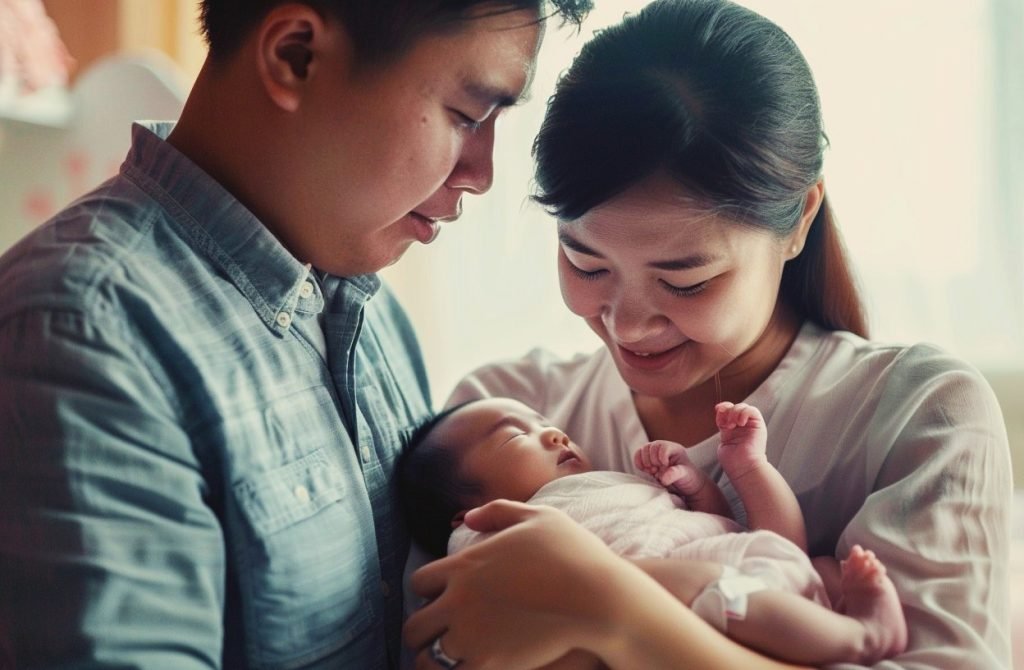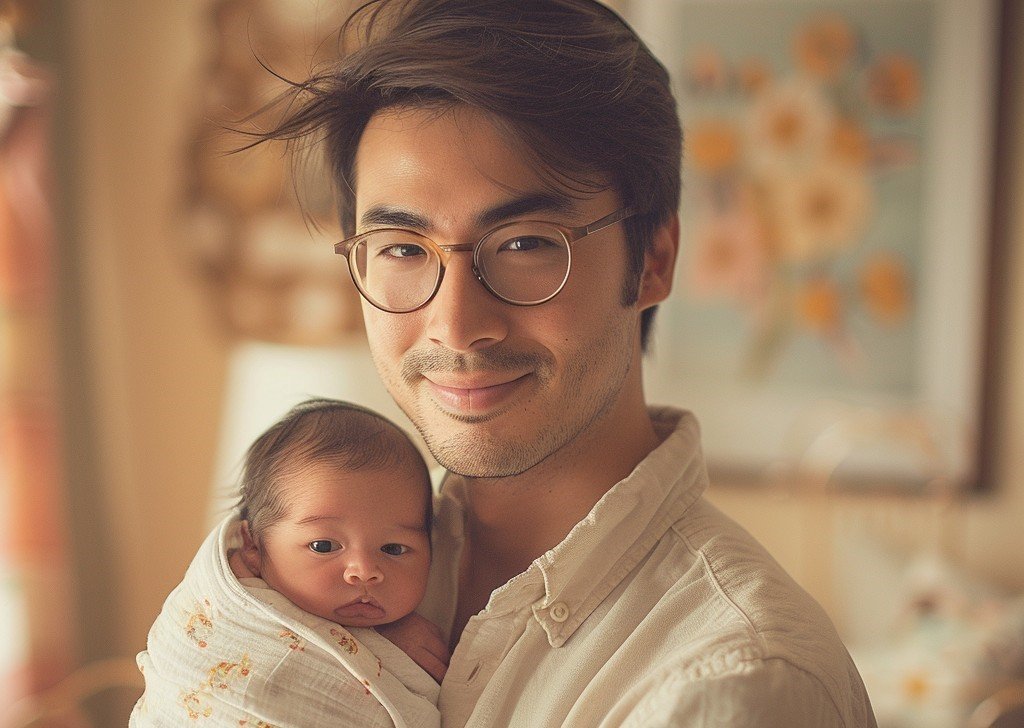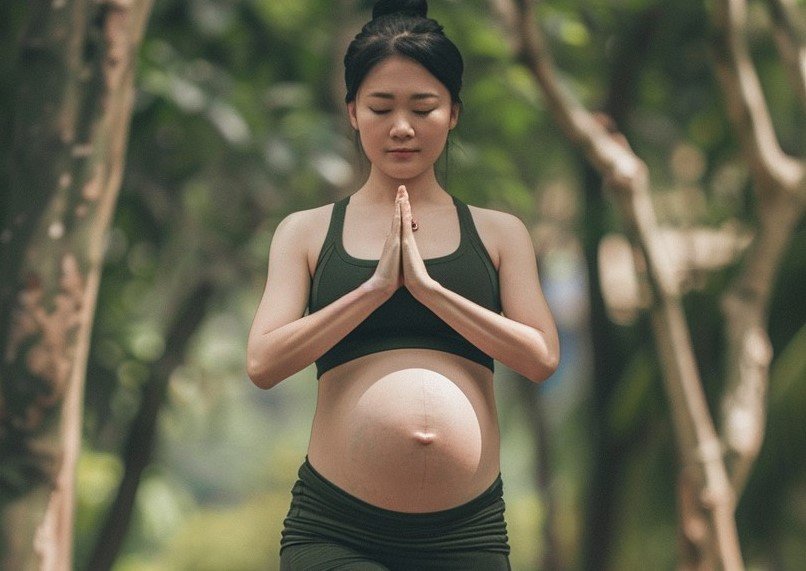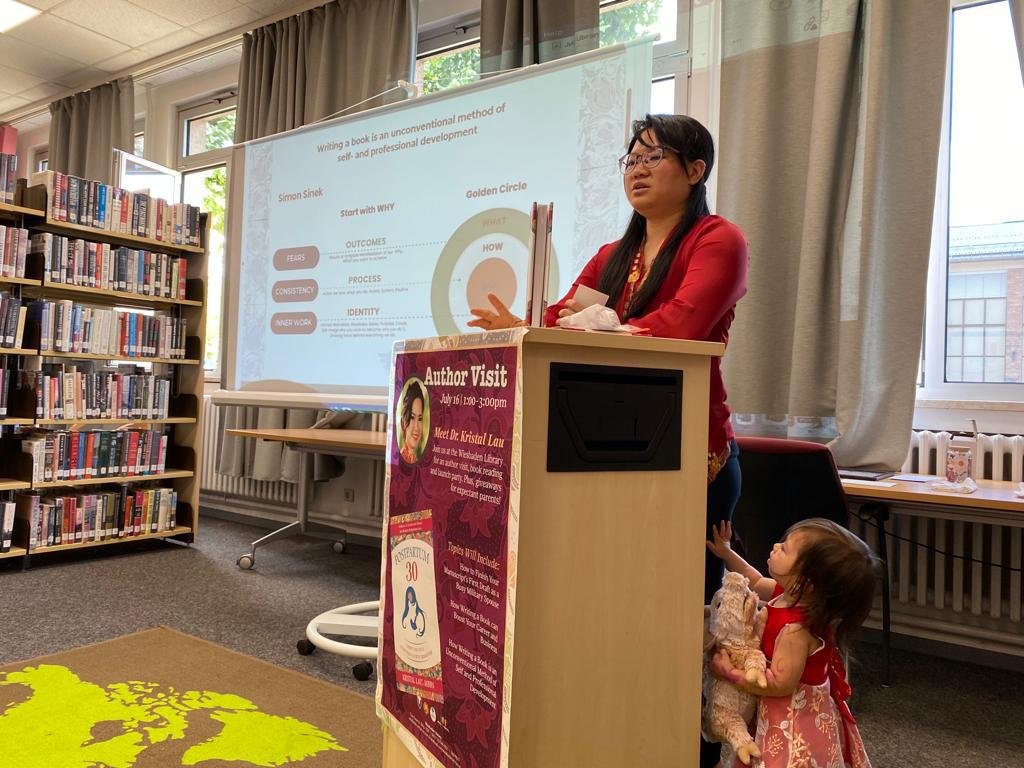Postpartum care and wellness are misunderstood, and it’s time to change that narrative. It’s not a luxury but a necessity for the well-being of mothers and their families. The period extends beyond the commonly accepted six to eight weeks and involves major transformations for everyone in the family.
Postpartum Care and Wellness: A Necessity, Not a Luxury
The postpartum period is profound and far-reaching. It covers the mother and baby, but also partners, older siblings, and even pets. Each member of the family is affected and needs support in that phase, and we need to understand that better to maintain the vitality of families and, by extension, societies and economies.
The True Scope of Postpartum Care
The term “postpartum” refers to the period following childbirth. Traditionally, the period is viewed as lasting around six to eight weeks, focusing primarily on the mother. However, that narrow view misses the broader reality of the postpartum experience, which affects all family members.

For many health professionals, the postpartum period is seen as a time primarily for the mother to recover physically and emotionally. However, it’s more or less a limited perspective because the experience of the partner, especially fathers and non-birthing spouses, is overlooked. That gap arises from a traditional focus on the mother’s immediate recovery, neglecting the psychological and emotional shifts that partners undergo.
Fathers and non-birthing partners face their own set of challenges. They may grapple with feelings of exclusion or inadequacy, particularly when bonding with the newborn. The need to adapt to new roles and support the birthing partner could be overwhelming, yet the experiences are rarely addressed in conventional postpartum guidelines.
The Impact on the Entire Family
The influence of a new baby extends to siblings as well. Older children, especially toddlers, face a unique set of emotional challenges. They may struggle with feelings of jealousy or confusion as they adjust to the arrival of a new sibling. The shift in parental attention may lead to huge emotional upheaval for them.

Young children, accustomed to being the sole focus of their parents’ attention, might find it difficult to accept the new family dynamics. They may wonder if the new baby is replacing them or if their parents’ love has diminished. Such emotions require thoughtful handling to ensure that all children feel secure and valued.
Pets, too, experience a shift in their environment. Dogs and cats may sense the changes and react to the new smells and sounds introduced by the baby. Including pets in the postpartum plan—by allowing them to adjust gradually—could ease their transition and maintain their well-being.
The Mother’s Postpartum Voyage
The mother’s road to recovery touches on physical recovery and psychological adjustment. Regardless of the type of delivery—vaginal or C-section—the postpartum period involves healing. Beyond physical recovery, mothers navigate the emotional and psychological challenges of becoming a parent.
Matrescence, the process of becoming a mother, is gaining recognition as a key developmental stage. It reflects the profound changes in identity and emotional well-being that accompany motherhood.
Why Postpartum Care and Wellness Matter

The World Health Organization defines health as the absence of disease, as well as an encompassing social and mental well-being. Addressing the needs of mothers and families may have broad implications for healthcare spending and productivity.
Countries with robust family support systems, such as those in Europe, offer benefits like paid parental leave and affordable childcare, all of which acknowledge that supporting families is necessary to sustain economies and societies.
Become an Advocate for new mothers’ care and wellness
It’s time to normalize and advocate for comprehensive postpartum care. Conversations about the importance of support should be a priority. Engaging with friends, family, colleagues, and policymakers will drive change and make postpartum care and wellness a recognized necessity.

For those interested in exploring the topic further or seeking guidance on implementing postpartum support in their communities, scheduling a free consultation with Dr. Kirstal Lau is an excellent first step. It’ll provide valuable insights and pave the way for more effective support systems.
There’s also a lot to learn about postpartum care and wellness on Dr. Kristal Lau’s The Postpartum Wellness Show, either in its podcast or video format.
Frequently Asked Questions
1. How might workplaces support employees going through the postpartum period?
Workplaces may support employees by offering flexible leave policies, including paid parental leave for both parents. Additionally, creating a supportive environment that understands the challenges of the postpartum period and providing resources for mental health should help employees. It’s also beneficial for employers to offer flexible working hours or remote work options as needed.
2. What are some signs that a new mother might need additional support beyond standard postpartum care?
Signs that a new mother might need additional support include persistent feelings of sadness or anxiety, difficulty bonding with the baby, overwhelming fatigue, or trouble managing daily responsibilities. If the feelings persist and impact daily life, seeking help from a mental health professional or postpartum support group should be considered.
3. How do postpartum care and wellness differ for mothers who had a C-section versus a vaginal birth?
Postpartum care and wellness for mothers who had a C-section involve additional considerations due to surgical recovery. That includes managing pain, wound care, and monitoring for potential complications. For vaginal births, the focus is on managing perineal healing and uterine recovery. Both types of delivery require attention to physical recovery, emotional support, and adjusting to the new family dynamics.
